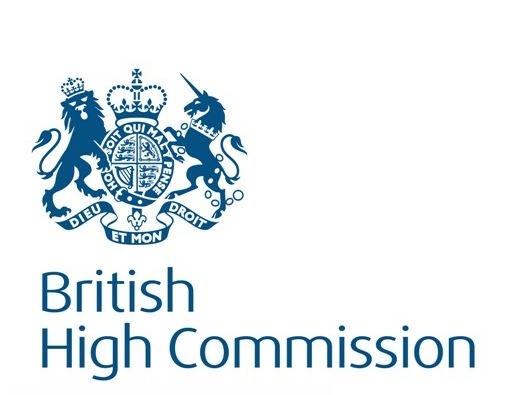Various stakeholders in the crusade against corruption, including the British High Commission, World Bank Group and political scientists, have again drawn attention to the many dangers of Nigeria‘s endemic corruption crisis, which they say must be dealt with for the nation to experience development in all its fabrics.
Speaking at a policy conversation on the State of Anti-corruption Policy and Practice in Nigeria jointly organised by Agora Policy and MacArthur, on Tuesday, said Nigeria must begin to reform its political recruitment process, build strong institutions, reform the judicial system and strengthen the anti-corruption fight.
Beginning the discussion, British High Commissioner to Nigeria Richard Montgomery lamented that corruption has become very distressing for Nigeria. He said the United Kingdom is interested in collaborating with Nigeria to fight corruption and track illicit financial flows.
Mr Montgomery also urged the government authorities to intensify the fight against corruption by strengthening the laws on beneficial ownership, a public register of the actual ownership and control of companies and LLPs in Nigeria. With the register, anyone can quickly ascertain who owns what in Nigerian companies. Many believe the register is crucial in combating corruption, illicit financial flows and other forms of criminality under the cover of Companies and LLPs. It also promotes transparency in the conduct of business in Nigeria.
„There is more to do in the area of transparency in the oil sector to attract more investment into the sector,“ Montgomery said while calling for collaboration on detecting and preventing financial crimes and agreeing to improve financial intelligence.
World Bank country director Ndiamé Diop said corruption is a big challenge to the country‘s economic development. Represented by the bank‘s lead governance specialist, Diop said entrenching fiscal transparency in Nigeria‘s public service had been an arduous task.
„The federal level has been more challenging for us,“ he said, lamenting some of the system‘s technical challenges preventing timely and automatic generation of fiscal data. „We talk about transparency, but to have transparent reports, you need to have the data, which needs to be accurate and reliable. Right now, the data system requires all kinds of manual processes that allow for leakages,“ which have long affected the system.
Adele Jinadu, Senior Fellow at the Centre for Democracy and Development, Abuja, said the abuse of the power of incumbency has reached disturbing heights of impunity in the country‘s fourth republic.
Professor Jinadu said amorality, the failure to distinguish between good and bad behaviour, is on the loose in the country. „It is as if we have lost our moral bearings as if moral rules do not matter, and as if we care less about what is right and what is wrong,“ he stated at the event in Abuja yesterday, a problem he said was the reason character and integrity, as elements of the social capital, needed to weld everyone together as a moral community.
Africa director of the MacArthur Foundation, Kole Shettima, said corruption is a significant challenge to Nigeria‘s development. „Corruption has denied our youth the future and necessities, including roads, electricity and education. Unless we challenge corruption, we know our society will be more endangered,“ he said. He called the authorities to join forces with his foundation and other private sector stakeholders to reduce societal corruption.
Jinadu said failure to address the current crisis of democracy, development and federalism in Nigeria is also a fundamental moral problem through an analytic framework, which seeks to explain the situation in the yawning gap between the practice of democracy and federalism and public interest morality in Nigeria.
„We must also seriously address, confront and mitigate the corrosive effect of our country’s toxic, even sinister, moral and political environment in stultifying our democratic development.
„We must begin a process of reforming our legal system in fundamental ways, and away from their excessive formalism and elitist bias, to engender a more progressive, activist and public interest legal culture, which will provide a legal anchor for social and distributive justice as state policy,“ he told the audience at Yar‘Adua Centre in Abuja.
The professor of political science said Nigerians must hold their leaders accountable.“ We must take an interest in public matters because these are the terms of moral issues in politics.“
The chairman of the Economic and Financial Crimes Commission, Ola Olukoyede, said several issues have encumbered the fight against corruption, including public cynicism, the security of tenure of anti-corruption agency heads, which has implications for the agencies‘ independence, challenges in prosecuting high-profile corruption cases, and the non-sustenance of accountability reforms in the public sector.
However, he said the EFCC has consciously decided to use the fight against corruption to stimulate the economy and support critical social investment initiatives.
Earlier, the Agora Policy board chair, Ms Ojobo Atuluku, said the event was designed to assess Nigeria‘s progress in fighting corruption and other financial crimes and draw attention to corruption‘s damaging effects on Nigerian society.
